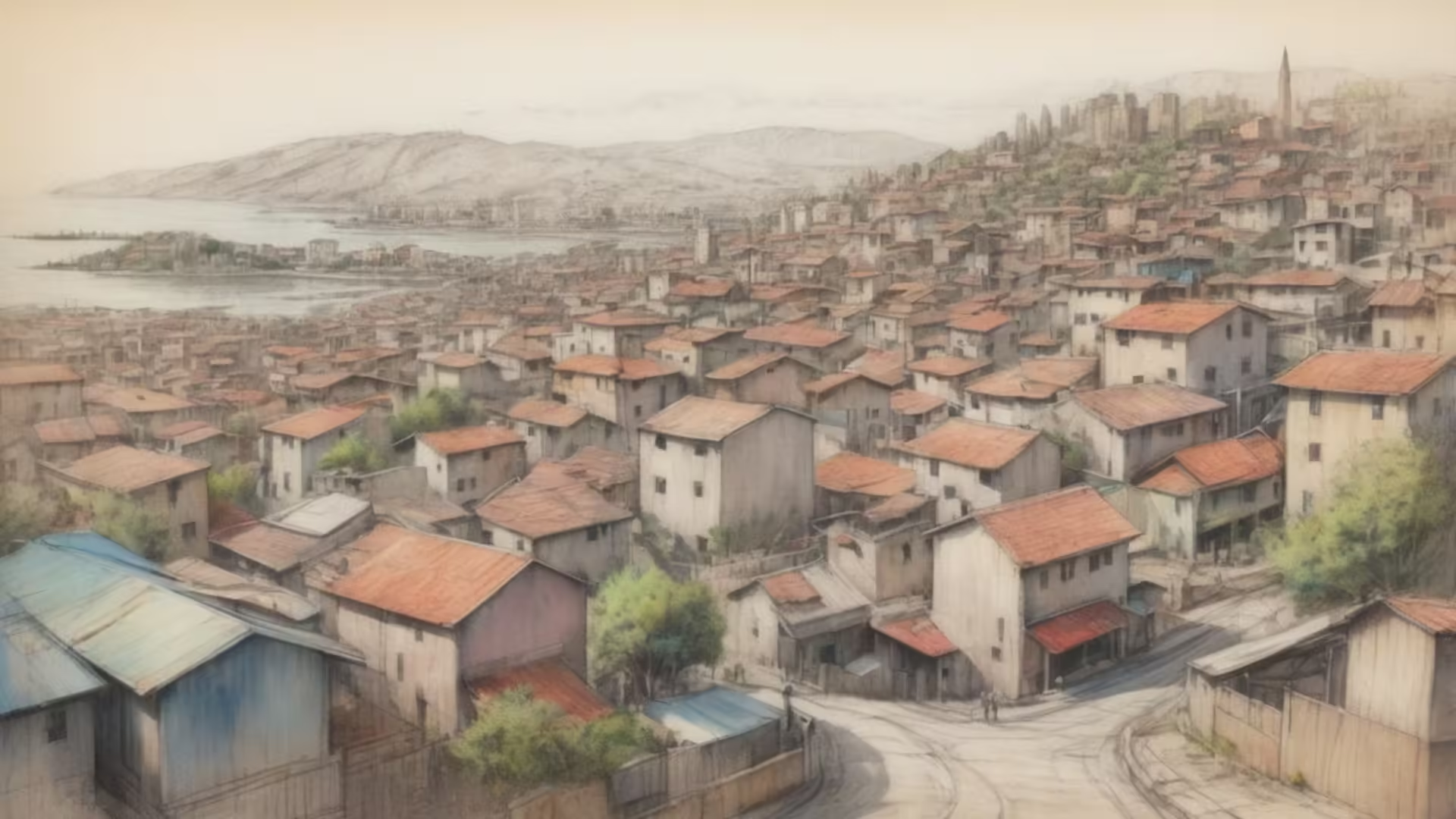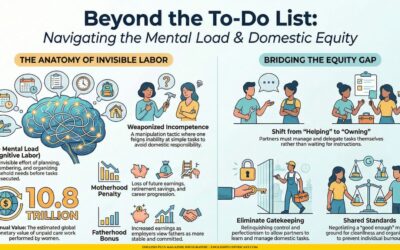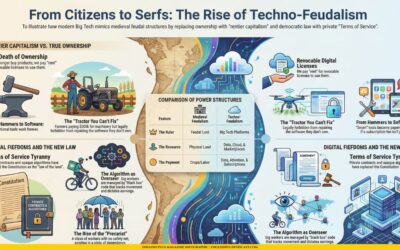- The Gist
- What is Urbanization?
- Economic Impact on Rural Communities
- Social and Cultural Changes in Rural Areas
- Environmental Impact of Urbanization on Rural Communities
- The Opportunities Urbanization Brings to Rural Communities
- Addressing the Challenges of Urbanization with Rural Development Initiatives
- Embracing Change: The Future of Rural Communities in an Urbanizing World
- Balancing Progress with Preservation
- Let’s Talk
- Let’s Learn Vocabulary in Context
The Gist
What is Urbanization?
Urbanization is the process of populations moving from rural areas to urban centers, leading to the growth of cities and often the decline of small towns. People are drawn to cities for many reasons, including better job opportunities, educational institutions, healthcare, and lifestyle amenities. As a result, rural communities are left with shrinking populations, fewer job opportunities, and a shifting social landscape.
Urbanization isn’t necessarily a new phenomenon, but its scale in recent decades has been unprecedented. With industrialization, technological advances, and globalization, urban areas have become major economic and cultural hubs, attracting people from rural regions. The implications of this shift are felt by both the people moving to urban centers and those who remain in rural areas.
Economic Impact on Rural Communities
One of the most significant effects of urbanization on rural communities is economic change. As younger generations move to cities for work, rural areas often experience labor shortages, especially in industries like agriculture, which traditionally rely on family-owned farms and small businesses. When fewer people are available to work in these areas, productivity declines, leading to fewer goods and services and often lower economic growth.
This decline in the rural workforce also impacts local businesses. Small towns depend on a steady population to support shops, schools, healthcare services, and local businesses. When populations drop, businesses suffer, often leading to closures and reduced access to essential services for those who remain. However, some rural areas are finding ways to counter this by investing in technology, creating remote work opportunities, and encouraging entrepreneurship to create a more self-sustaining economy.
Social and Cultural Changes in Rural Areas
Urbanization doesn’t only affect the economy; it also has a profound impact on the social and cultural fabric of rural communities. As people move to urban centers, rural areas may lose valuable traditions, languages, and customs that are unique to these regions. With fewer young people choosing to stay, there is often a sense of cultural erosion, where traditions are no longer passed down, and community gatherings become less common.
In some rural areas, this loss of cultural heritage has inspired initiatives to preserve local customs and celebrate rural identity. Programs that document traditional crafts, languages, and stories are emerging as communities work to maintain their unique cultural contributions in an increasingly urban world. Additionally, festivals and cultural events are sometimes held to bring people together, reinforcing local pride and connection to the area.
Environmental Impact of Urbanization on Rural Communities
Urbanization also affects the environment in rural areas. As cities expand, nearby rural land is often developed for housing, transportation, and infrastructure, which can disrupt ecosystems and change landscapes. This can lead to habitat loss, decreased biodiversity, and soil degradation. Rural areas near cities might experience pollution from urban runoff, increased waste, and higher demand for resources like water and energy, placing additional strain on local environments.
In response, some rural communities are taking proactive measures to preserve their natural resources. From sustainable farming practices to conservation projects, rural areas are finding ways to protect their environments and promote eco-friendly practices. Many rural areas are also exploring eco-tourism, inviting city dwellers to experience nature, thereby generating income while raising awareness about the importance of environmental preservation.
The Opportunities Urbanization Brings to Rural Communities
While urbanization presents challenges, it also brings new opportunities for rural communities. With advances in technology, rural areas can stay connected to the global economy through remote work, online businesses, and digital communication. Young professionals interested in a quieter, more affordable lifestyle are increasingly choosing to live in rural areas and work remotely, bringing fresh energy and innovation to these communities.
Furthermore, urbanization has sparked a renewed interest in rural tourism. People from cities often seek out rural areas for vacations, hoping to experience nature, local food, and cultural activities. This interest in rural tourism provides an economic boost and creates jobs in hospitality, guiding, and other tourism-related industries. Rural areas that focus on preserving their natural beauty and cultural heritage can capitalize on this trend and offer unique experiences that appeal to urban visitors.
Addressing the Challenges of Urbanization with Rural Development Initiatives
To adapt to the impacts of urbanization, many rural communities are turning to development initiatives designed to foster growth and stability. These initiatives may include government-funded infrastructure projects, like building better roads, hospitals, and schools, to improve the quality of life in rural areas and make them more attractive for families and young professionals.
Education and training programs can also play a significant role in rural development. By offering vocational training, skill development programs, and higher education opportunities, rural areas can empower residents with the skills needed to succeed in today’s economy. Such programs encourage young people to stay or return after studying in urban centers, helping to reverse the trend of population decline.
Additionally, promoting local agriculture and small businesses can create a self-sustaining economy that reduces reliance on urban centers. Farmers’ markets, local food initiatives, and artisanal businesses help strengthen the rural economy and preserve the unique character of rural communities. Supporting these businesses allows residents to benefit from local resources and promotes economic resilience.
Embracing Change: The Future of Rural Communities in an Urbanizing World
The impact of urbanization on rural communities is complex, and each rural area faces unique challenges based on its location, resources, and population. However, as urban centers continue to grow, rural communities are finding ways to adapt, preserve their heritage, and embrace the opportunities that urbanization brings. From eco-tourism to remote work, rural areas are evolving, proving that they can thrive even in a rapidly urbanizing world.
As rural areas adjust to these changes, it’s clear that the relationship between urban and rural communities is interconnected. By sharing resources, promoting sustainable practices, and supporting each other, urban and rural areas can create a balanced future that respects the strengths of both environments.
Balancing Progress with Preservation
Urbanization has a profound impact on rural communities, influencing their economies, social structures, and environments. While the challenges are real, rural communities are resilient, finding innovative ways to adapt and thrive. By embracing technology, promoting cultural heritage, and focusing on sustainable development, rural areas can maintain their unique identities while benefiting from the opportunities urbanization brings. As we move forward in a rapidly changing world, a balanced approach that values both urban and rural contributions will help create a future where all communities can prosper.
Let’s Talk
Urbanization—what a mix of challenges and opportunities, right? It’s wild to think about how this global shift impacts the smallest towns and communities. On one hand, cities are buzzing with life, attracting people with the promise of jobs, adventure, and new possibilities. But on the other, rural areas are feeling the effects as people head out, leaving behind quieter, less populated spaces that have to adapt to the changes.
Imagine growing up in a small town where you know everyone, where there’s a rhythm to life that feels predictable and close-knit. Then, suddenly, that rhythm shifts as more people leave, and you start to see local businesses close or events that used to be packed start feeling sparse. It can be tough to watch a place you love go through those changes. And yet, at the same time, some rural areas are finding fresh energy as they pivot to focus on tourism or use technology to connect with the broader world. Have you noticed how some rural towns are now the coolest places for weekend getaways? People come from the cities to relax, recharge, and experience something different—and it’s a huge opportunity for these communities.
One thing that really stands out in all this is the creativity people bring to keep their towns vibrant. Take remote work, for example. Who would have thought a few decades ago that people could work from almost anywhere? Now, with the internet, you can have people living in scenic, rural areas while working for companies based in bustling cities. It’s like the best of both worlds—living in a peaceful, natural setting without missing out on professional opportunities. I can’t help but wonder if this will be the future for more people who crave a quieter lifestyle but still want to stay connected.
There’s also something really special about the way rural areas are preserving their heritage. Many towns are making efforts to hold on to local traditions and celebrate their unique cultures. It’s almost like they’re saying, “We’re not going anywhere. Our history matters.” You see it in local festivals, community gatherings, and even farmers’ markets where everything has that personal touch. Have you ever been to one of those local events where everyone just seems to belong, and there’s this unspoken understanding that they’re keeping something valuable alive? It’s the kind of warmth that’s hard to replicate in bigger cities.
And, of course, there are challenges that don’t have easy fixes, like environmental impacts. As urban sprawl creeps into rural areas, there’s a constant push and pull between development and conservation. Rural areas are feeling the pressure to grow but want to keep their natural landscapes intact. It makes me think—how can we balance the need for progress with preserving what makes these areas special? Is there a way to have both, to use urban resources to help sustain rural communities without losing their identity?
So here’s a thought: how do you see the future of rural communities in a world that’s leaning urban? Do you think technology and tourism can keep these areas thriving? And if you had the choice, would you choose the fast-paced life of the city or the quieter charm of a rural town, or maybe a little bit of both?
Let’s Learn Vocabulary in Context
Let’s dive into some interesting words and phrases that popped up when we discussed urbanization and its impact on rural communities. These words help us talk about changes, challenges, and the balance between progress and preservation. And they’re not just useful for this topic—they’re words we can use in everyday life when talking about growth, community, and change.
First, let’s start with urbanization. This word means the growth and expansion of cities as people move there for jobs, education, and other opportunities. You could use it when talking about any place that’s growing rapidly, like, “Our town is seeing urbanization with all these new businesses opening up.”
Then there’s rural. Rural refers to areas that are more countryside than city, often with smaller populations and open spaces. Think about how different the pace of life can feel. You might say, “I love the rural charm of this town—it’s peaceful and green.”
Impact is another useful word, and it means the effect or influence something has. When talking about change, we often say it has an impact, whether positive or negative. For example, “Cutting back on plastic has a big impact on the environment.”
Labor shortages come up a lot in conversations about rural areas as younger people move to cities, leaving fewer workers behind. In everyday language, you might hear this if someone says, “The restaurant is facing a labor shortage, so service is slower than usual.”
Cohesion describes the sense of unity and togetherness within a group or community. In rural areas, community cohesion is strong because people often know each other well. You might say, “There’s a lot of cohesion in our neighborhood; everyone supports each other.”
Another interesting term is heritage. Heritage refers to the traditions, culture, and values passed down through generations. In rural areas, heritage might mean local customs, food, or festivals. You could use it to talk about anything you feel connected to, like, “Our family’s heritage is important to us, so we try to keep our traditions alive.”
Sprawl describes the spread or expansion of something, often without much control. In urbanization, you’ll hear about “urban sprawl,” where cities grow and push into rural land. You might use it like, “The city’s sprawl has made it hard to find green spaces close by.”
Sustainability is a big word that’s all about creating practices that don’t harm the future. For rural areas, sustainability might mean eco-friendly farming or energy use. You could use it when talking about any long-term effort, like, “I’m focusing on sustainability by recycling and reducing waste.”
Remote work has become a popular phrase, meaning working from anywhere, not necessarily an office. It’s opened up possibilities for people to live in rural areas but work city jobs. You might hear, “She’s moved to the mountains and does remote work for a company in the city.”
Finally, there’s preservation. Preservation means protecting something so it can last a long time. Rural communities often focus on the preservation of nature and culture. You might say, “They’re working on preservation efforts to save the local forest.”
Now here are a couple of questions: What’s something you’d like to see preserved in your community? And do you think remote work might help more people move away from cities?










0 Comments